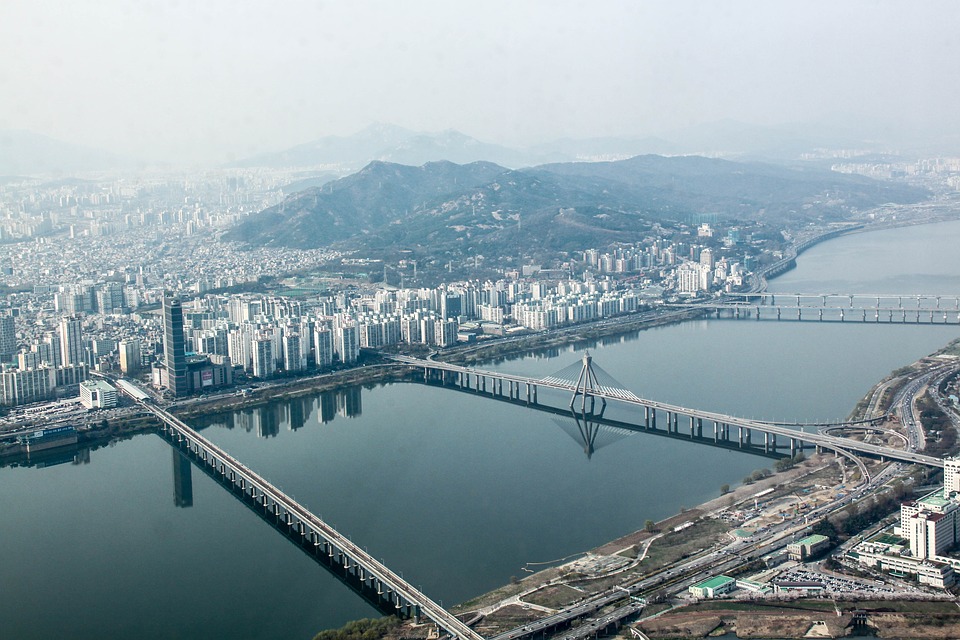Governments were advised to put down lockdown measures to contain the spread and transmission of the covid-19 virus. These measures were meant to make it hard for people to travel from one region to the other. This cessation in movement helped to stop infected persons from spreading the coronavirus.
Although people initially received lockdown measures with a little negative attitude, it has been hailed for helping to control transmission and prevent more deaths. The coronavirus lockdown has also had another unintended effect. It has helped to improve air quality levels.
The majority of rich big cities are highly industrialized and developed. This means there are lots of pollutants from industries and cars. Lockdown measures have curtailed operations of many industries and manufacturing sites. This has led to lesser emissions and consequently, better air quality.
Almost all countries cut on international flights, and this grounded a large number of airplanes. Airplanes are significant contributors to pollution. Planes also make a lot of emissions of carbon dioxide and other toxins in huge quantities due to the vast amount of fuel they burn
Planes make a lot of noise pollutions while taking off and landing. People who live near airports and other transport hubs can also enjoy more peace as there are minimal noise pollutions from planes and vehicles taking off.
Various world cities have been indicating a fall in the level of toxins in the air. According to information compiled by NASA global modeling and data assimilation team, the following cities have recorded these changes in air quality
Table of Contents
Wuhan
According to data collected on china’s Hubei province, the levels of PM2.5 nitrate went down after the Chinese government-imposed restrictions. PM2.5 is made up of small nitrate particles, amongst other compounds.
The nitrates particles are microscopic, and they can be breathed in and absorbed into the blood leading to conditions such as cancer and heart disease. Most nitrates are emitted when fuels such as diesel, is burnt.
Seoul
After a daily increase in the number of reported cases in South Korea, the South Korean government imposed a lockdown in early March. Although the restrictions were not very tight compared to other cities, it helped to slow human activities.
The drop in human activities led to lesser burning of fuels, which had a direct impact on air quality. Tests showed a dip in the levels of PM2.5, nitrogen dioxide, carbon monoxide, and sulfur dioxide.
Milan
An industrial belt dominates the northern part of Italy. World-renowned manufacturers of quality cars, as well as other commodities, are based in this part. Due to the industries, the air quality in these areas is usually poor compared to other parts of Italy and Europe.
The Italian government introduced restrictions in certain northern parts of Italy in late February. After the virus continued to spread, the government introduced nationwide restrictions on March 9th to control and stop the spread of covid-19.
After the restrictions were imposed, industrial activity was brought to a halt. This had an immediate effect on the levels of nitrogen dioxide in northern Italy. Data gathering stations in Bergamo recorded lower levels of nitrogen dioxide and PM2.5 in the weeks following restrictions.
Delhi
Delhi is one of the biggest cities with the poorest air quality levels. Air quality in India is mainly brought by farmers burning crop residue. After the government imposed a lockdown on its over 1.3 billion people, PM2.5 levels measured low.
Improvement of air quality in India has also been influenced by other factors such as local meteorology. City residents can see how their city air quality has changed through the lockdown period on Dealchecker. The website that allows residents to compare the air quality in their city with another city
Not all positive
Not all has been positive. There are increased concerns about the air quality indoors now that many people are spending more time indoors. With the restrictions in place, it may be harder for environmentalists to monitor all areas and ensure ecosystems have been protected.
Tips on how we can help to keep air quality good
- Offset your carbon footprint – this can be done by investing in companies that reduce the generation of carbon dioxide
- Travel more by train – trains on average only emit half of what a plane emits on the same distance.
- Walk more- this helps reduce carbon emissions and helps you to improve your health
- Stay and shop in eco-accredited establishments

